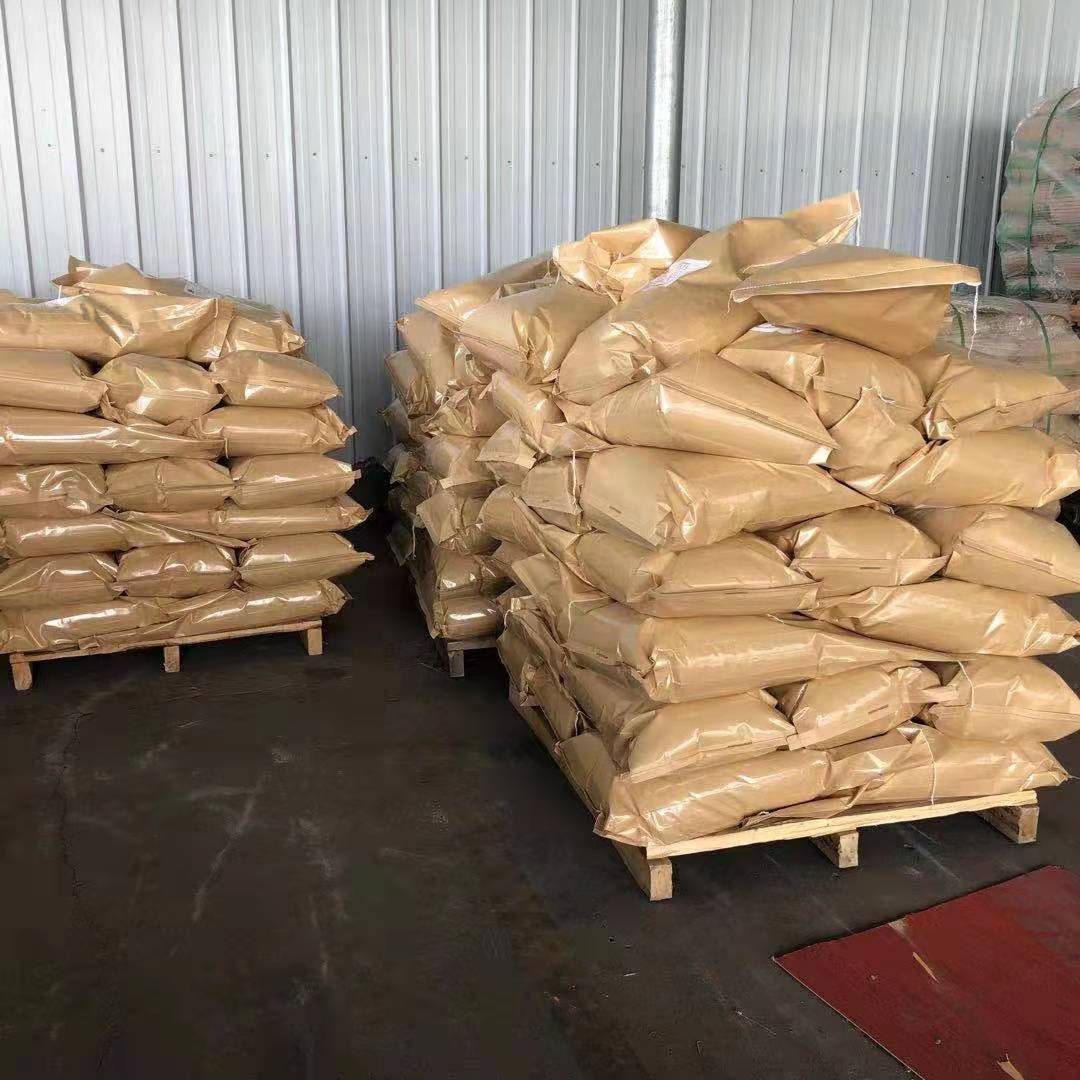
Aug . 06, 2024 09:14 Back to list
Exploring the Benefits and Uses of 21-0-0 Ammonium Sulfate Fertilizer for Agriculture
Understanding Ammonium Sulfate Fertilizer 21-0-0 A Manufacturer's Perspective
Ammonium sulfate fertilizer, often denoted as 21-0-0, is a popular nitrogenous fertilizer widely utilized in agriculture. Its formulation consists of 21% nitrogen and 24% sulfur, making it an excellent choice for promoting healthy plant growth while addressing sulfur deficiencies in the soil. As a manufacturer of this vital agrochemical, it's essential to understand its characteristics, applications, benefits, and production process.
Composition and Characteristics
The primary component of ammonium sulfate is the ammonium ion (NH4+), which is readily available to plants. The high nitrogen content plays a crucial role in leaf and stem growth, which is essential for crops during their vegetative phase. The absence of phosphorus and potassium in its formulation (21-0-0) makes it suitable for specific applications where only nitrogen and sulfur are required. Moreover, the presence of sulfur assists in the synthesis of essential amino acids and proteins, enhancing crop yields.
Manufacturing Process
The manufacturing of ammonium sulfate typically involves a chemical reaction between ammonia (NH3) and sulfuric acid (H2SO4). This reaction produces ammonium sulfate as a solid product that can be further processed into various forms, such as granules or powders. Manufacturers must comply with strict quality control measures to ensure that the nitrogen content is maintained at 21% and that contaminants are kept to a minimum. Additionally, establishing efficient production processes and implementing sustainable practices are vital in today’s environmentally-conscious market.
Applications in Agriculture
ammonium sulfate fertilizer 21-0-0 a manufacturers

The primary use of ammonium sulfate 21-0-0 is in crop production. It can be applied to a wide range of crops including corn, wheat, and vegetables. Farmers benefit from its ability to provide an immediate source of nitrogen, especially in soils that are deficient in this nutrient. Furthermore, its application can be beneficial in acidic soils, as it lowers the pH, facilitating nutrient uptake by plants.
Another significant application is in the production of turf and landscaping. Golf courses and athletic fields often utilize ammonium sulfate due to its quick release of nitrogen, which helps maintain lush green grass. This also provides an advantage in nutrient management, allowing turf managers to adjust fertilization strategies based on plant growth requirements.
Benefits of Ammonium Sulfate
One of the key benefits of using ammonium sulfate is its affordability and availability. Compared to other nitrogen fertilizers, it is often more cost-effective, making it accessible to a broad range of farmers, from large operations to small-scale producers. Moreover, the dual benefit of nitrogen and sulfur is invaluable, as sulfur is sometimes overlooked in fertilization recipes.
Additionally, ammonium sulfate is less likely to volatilize compared to urea-based fertilizers, which can lead to nitrogen loss when applied to the soil surface. This property ensures that a greater percentage of the applied nitrogen remains available for plant uptake and contributes to higher crop efficiency.
Conclusion
The importance of ammonium sulfate fertilizer 21-0-0 in modern agriculture cannot be overstated. As a manufacturer, understanding its composition, production methods, and application benefits is crucial for delivering high-quality products to farmers. By promoting optimal plant growth and addressing nutrient deficiencies, ammonium sulfate plays a vital role in ensuring food security globally. As agricultural practices evolve, the role of ammonium sulfate will undoubtedly continue to be significant in meeting the growing demands of crops.
-
Premium 8 12 16 Fertilizer – High-Efficiency Compound & Granular NPK Supplier
NewsJun.10,2025
-
High Quality Agricultural Grade NPK Fertilizer Manufacturer & Supplier Reliable Factory Price
NewsJun.10,2025
-
Organic Fertilizer for Corn Boost Yield Sustainably
NewsJun.10,2025
-
Organic Fertilizer for New Plants Natural Growth Boost & Eco Nutrients
NewsJun.10,2025
-
Optimized Hydroponic NPK Fertilizer – Fast Growth & Nutrients
NewsJun.09,2025
-
Top-Rated NPK Fertilizer for Fruit Trees - Boost Growth & Yield
NewsJun.09,2025
